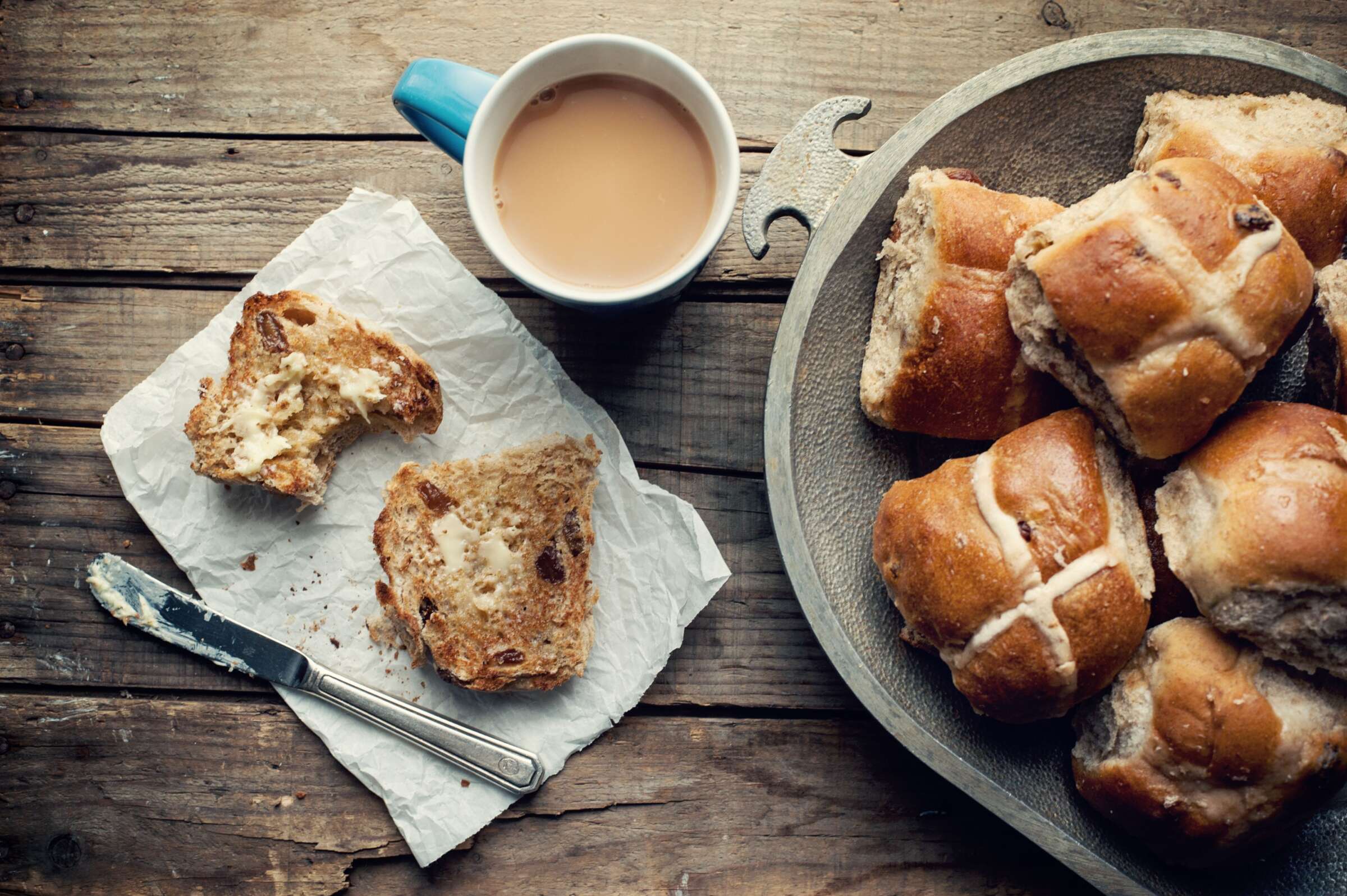Easter throughout the Christian world
Easter is the most significant event in the Church calendar for Christians. It is the time when they remember that 2,000 years ago Jesus Christ was executed and rose from the dead three days later. Christians around the world believe Jesus’ death and resurrection made it possible for all humanity to have a relationship with God for eternity. This is the foundation of Christianity. The Bible book, John, says ‘For God so loved the world that he gave his one and only Son that whoever believes in Him shall not perish but have eternal life…’ But how Christians celebrate these life-changing events varies around the globe.
In many countries the word for Easter is linked to the Jewish festival Passover, which was taking place at the time of Jesus’ death. In the French-speaking world, it is Paques while in Spanish-speaking countries, it is Pascua. The word Easter has no link to the story of Jesus Christ. Instead it comes from a pagan Anglo-Saxon goddess, Eostre, who was celebrated in springtime.
Christian pilgrims travel to Jerusalem for Easter to walk the route taken by Jesus on the day he died. The route is marked with the Stations of the Cross which mark incidents, some described in the Bible, some traditional, as Jesus made his way to his execution. The pilgrims will stop at each Station to reflect and pray. Roman Catholic churches depict the Stations with each represented by paintings, sculptures, engravings or a simple cross. Catholic Christians follow the Stations as an act of devotion and remembrance.
‘For God so loved the world that he gave his one and only Son that whoever believes in Him shall not perish but have eternal life…’
In the Philippines, some believers take their devotion to the extreme by being crucified themselves for a short time. It has become an annual event. In many parts of the world, Christians re-enact the events leading up to Jesus’ death. These are called Passion Plays, to mark the passion of Jesus in giving up his life. The most famous Passion Play takes place at Oberammergau in southern Germany every ten years and dates back to 1634. The villagers had promised to perform the story of the suffering, death and resurrection of Jesus every tenth year if no-one else died from the plague there.
Churches hold special services around Easter. Held on the Thursday before Good Friday, Tenebrae marks the night of Jesus’ last supper with his disciples and his betrayal and arrest. It is a quiet, candlelit service with prayers and readings during which the candles are gradually extinguished. It sometimes concludes with a loud noise in total darkness before everyone leaves in silence. Special services are held on Good Friday, the day of Jesus’ crucifixion. One traditionally starts at midday and ends at 3pm, the moment of Jesus’ death.
Continued below...

Easter eggs and the Easter bunny
The origin of the link between Easter and eggs is ancient and unclear. It is thought that eggs were associated with pagan celebrations of Spring as they were symbols of rebirth and beginning. One of the oldest Easter traditions is the painting of eggs. Christians in the Orthodox Church continue this tradition, often preferring the colour red because it is the colour of blood. The Christian tradition of Lent meant believers fasted from rich foods in the six weeks before Easter. This meant there were often lots of eggs available to be eaten and painted at Easter. It became popular to give children egg-shaped toys in the 17th and 18th centuries. Sweet eggs were first eaten in Germany in the 19th. Originally, they were made from pastry and sugar but then chocolate began to be used in Germany and France. In many parts of the world, chocolate eggs are hidden in gardens and homes for children to find. One tradition is that they are hidden by the Easter bunny (actually a hare which is associated with prolific new life).
Bermuda has a colourful tradition of flying kites on Easter Day to symbolise Jesus rising from the dead.
Rolling and chasing eggs downhill is a popular tradition in upland parts of the UK. Egg rolling races are also a tradition in the United States – including at a party at the White House which first took place in 1878. Bermuda has a colourful tradition of flying kites on Easter Day to symbolise Jesus rising from the dead. In the Netherlands church bells ring out having stayed silent for several days, and fires are lit at sunset. In Poland there is a tradition of pouring water on one another. This has its origins in the baptism of a Polish prince in the 10th century.
Eating hot cross buns is another tradition. One story says they go back as far as the 12th century when an Anglican monk is said to have baked them and marked them with a cross. Another tradition is eating simnel cake on Easter Sunday. The cake is topped with 11 marzipan balls to commemorate the 11 disciples of Jesus who remained loyal to him.

Why do Catholics have a Pope?

What is Pentecost?

